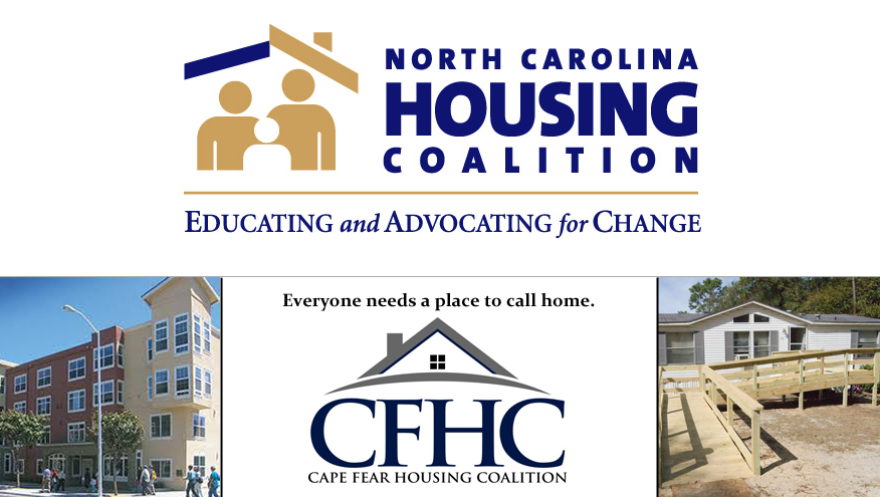Recently, the topic of affordable housing has been in the spotlight in the Cape Fear region, and in North Carolina as a whole. Just last month, Wilmington City Council established a committee to investigate solutions to the lack of affordable places to live. At a recent public hearing held by the Cape Fear & North Carolina Housing Commissions, attendees tossed around ideas for solutions.
Glenn Harbeck is the City’s Director of Transportation, Planning, and Development. While many at the public meeting called for state tax credits and affordable housing communities, he says those measures have faced opposition from the legislature and neighboring residents. He sees a different solution: accessory housing, like guest homes and garage apartments. But two things need to happen before it can take off:
“First, we need a change in the legislation at the state level which would require owner occupancy on the property for an accessory housing unit to be allowed. The concern that we have in our city is that, if we were to have an accessory housing unit allowed on the property with another primary home, and for example, the homes around the vicinity of the university, if you have a large number of college students in the primary home and then in addition to that, you’d have even more college students in an accessory unit, that’s a recipe for not-good housing situations.”
Harbeck says the conservative legislature would be more likely to back such a measure, since it’s a market-driven approach to affordable housing.
“The other action that’s needed—and to its credit, New Hanover County attempted this last year—was to change our land development code to create standards for accessory housing so that they can fit in with the quality of a neighborhood.”
Harbeck says this wouldn’t solve the problem in one fell swoop. But over time, it would add to the number of affordable housing choices.

